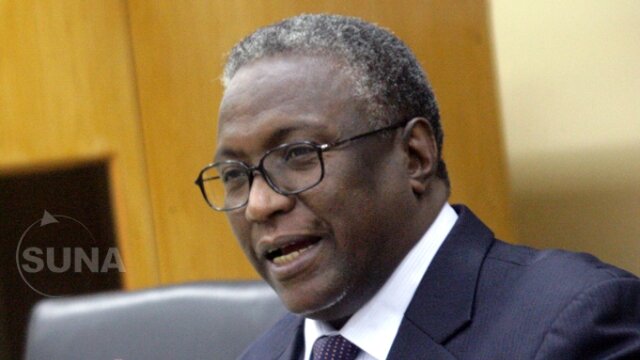(Asharq Al-Awsat) Khartoum announced preparations to launch a counter-corruption program next April, which will vet Sudan’s private sector employees, estimated at about 75,000.
“This program will enable employees to become familiar with the management program used by companies around the world to assess internal fraud, corruption risks and external fraud,” said Sudan’s Al-Oula Center for Accounting Studies Director Adelah Mohammed Al-Tayeb.
The US Chamber of Commerce, during negotiations with Sudan in October, said that the implementation of the anti-corruption program will be the basis for trade between both private sectors and is vital for lifting sanctions.
The Center for International Private Enterprise (CIPE) oversees the anti-corruption program, as the US aims to ensure that the program is built in every country where it has commercial interests thereby ensuring that its trade partners have the ability to fight and prevent corruption.
Tayeb pointed out that the first phase of the program in Sudan will include the implementation of a technical survey of all employees in Sudanese companies and jobs listed in official state records.
The survey will cover 250 companies.
Sudanese banking sources said that most fraud risks and crimes, especially those which are financial, can be traced back to employees.
The risk of financial fraud is only possible through the falsification of documents, checks, counterfeiting, burglary and systems penetration to obtain the passwords of customer accounts.
“The concept of corruption is not limited to acts such as fraud and embezzlement. But greater efforts must be made to combat other forms of corruption, such as exploitation of status, conflict of interest, or financing private projects from public funds," said the journalist.
Head of the anti-corruption agency in Sudan, Al-Tayeb Mukhtar said that his country is currently preparing to complete the anti-corruption plan, which was approved by the Sudanese parliament several years ago.
-
Central Darfur Includes the Requirements of the Voluntary Return...< Prev
-
NA Speaker Meets leading Figures in KassalaNext >

